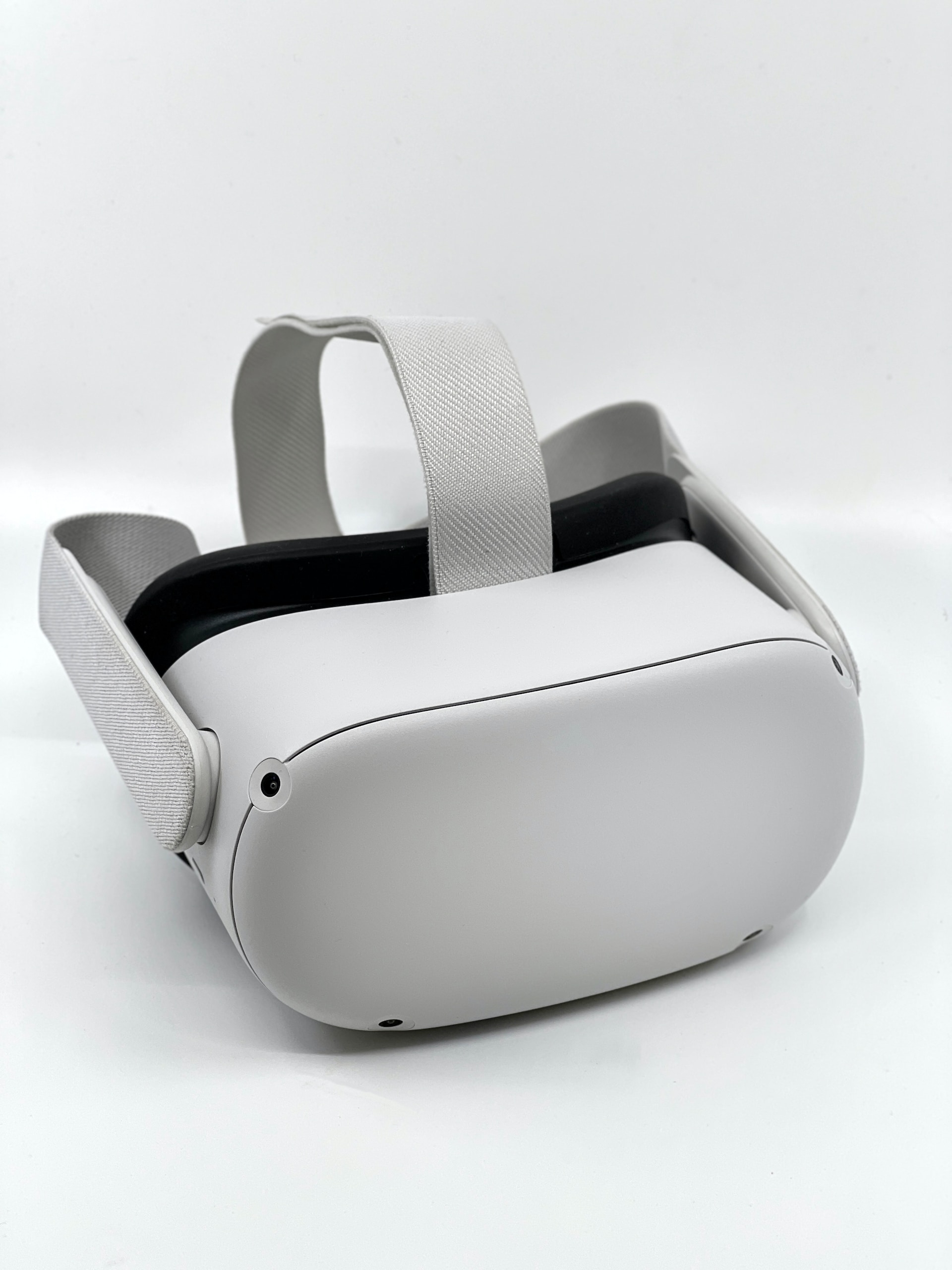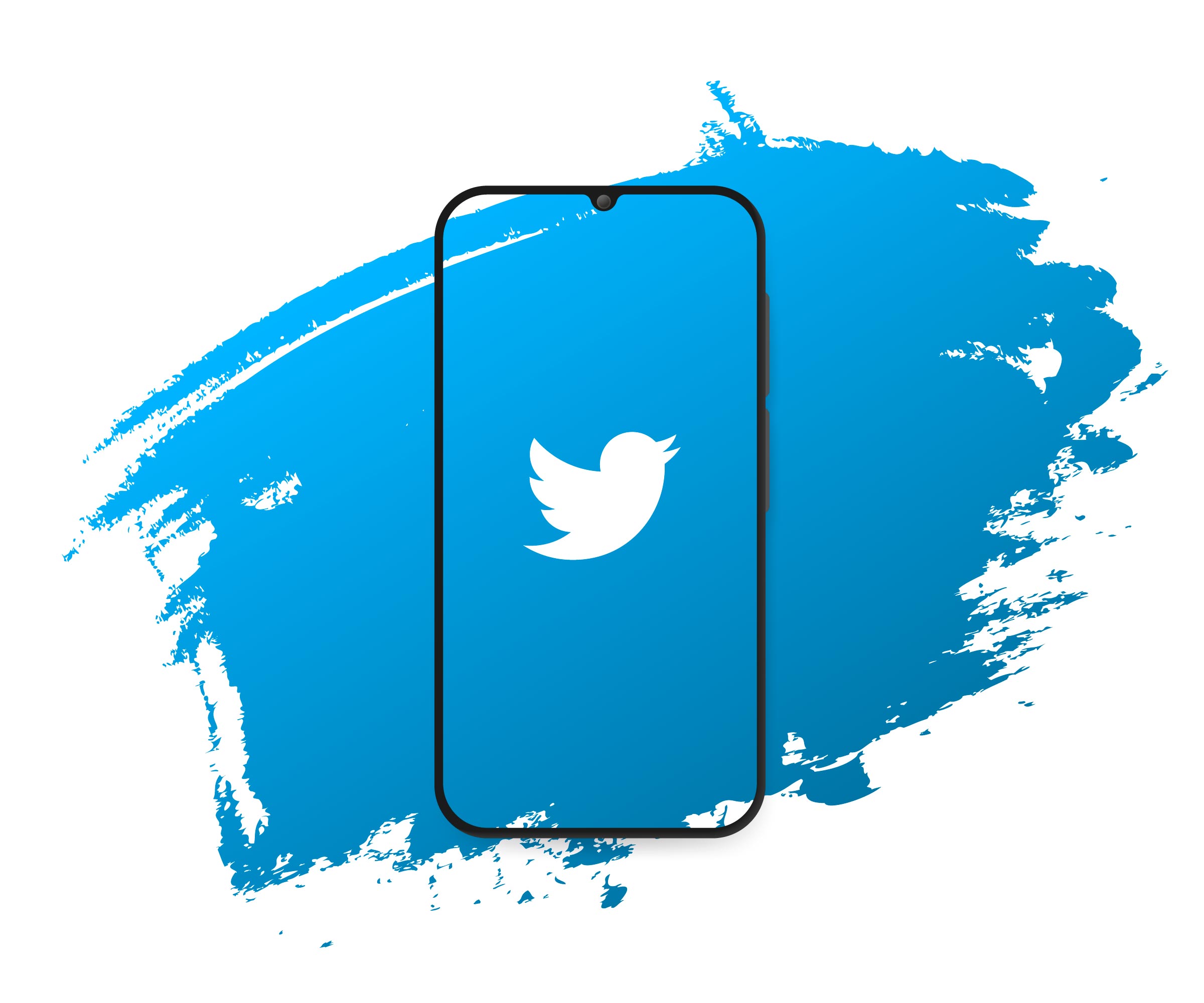In a groundbreaking move that could reshape the landscape of job training and education, Meta (formerly Facebook) is spearheading a visionary initiative to harness the power of the metaverse. With its ambitious plan to integrate virtual reality (VR) technology into learning environments, Meta aims to revolutionize the way individuals acquire skills and knowledge. This article explores Meta’s bold vision for the metaverse, its potential impact on job training and education, and the transformative possibilities it holds for the future.
The metaverse, a concept that has long fascinated futurists and technology enthusiasts, refers to a virtual universe where people can interact with each other and their surroundings in real-time. Meta envisions a future where the metaverse seamlessly blends with our daily lives, offering unprecedented opportunities for communication, collaboration, and exploration.
Meta’s metaverse initiative holds particular promise for job training. Conventional training methods often struggle to provide immersive and practical experiences, hindering effective skill development. By leveraging VR technology, Meta seeks to create virtual simulations that replicate real-world scenarios, enabling individuals to gain hands-on experience and acquire critical competencies in a controlled and safe environment.
Imagine a medical student practicing complex surgical procedures in a virtual operating room or an aspiring engineer troubleshooting intricate systems within a virtual workspace. The metaverse has the potential to bridge the gap between theory and practice, offering learners engaging and realistic simulations that can expedite their professional growth.
Moreover, Meta’s metaverse has the power to transform education. Traditional classrooms often face challenges in catering to diverse learning styles and capturing students’ attention. By integrating VR technology into education, Meta aims to create immersive learning environments that captivate students’ imaginations and foster active participation. Through virtual experiences, students can explore historical events, engage in interactive simulations, and manipulate three-dimensional objects, fostering a deeper understanding of complex concepts.
Meta’s metaverse also has the potential to address educational inequalities. By transcending geographical barriers, virtual classrooms can bring high-quality education to remote and underserved areas. Students who lack access to quality educational resources can benefit from Meta’s technology, leveling the playing field and opening up new opportunities for learning and growth.
However, the realization of Meta’s metaverse vision for job training and education is not without challenges. Technological advancements are needed to create immersive experiences that closely mimic the real world. Achieving realistic graphics, seamless interactions, and intuitive interfaces will be critical in delivering compelling and effective learning experiences.
Furthermore, privacy and ethical considerations must be at the forefront of Meta’s metaverse development. As individuals immerse themselves in virtual environments, protecting their personal information and ensuring data privacy become paramount. Meta must take proactive measures to address these concerns and prioritize user trust and data security.
Collaboration and partnerships will also play a pivotal role in Meta’s metaverse journey. By collaborating with educational institutions, industry leaders, and subject matter experts, Meta can foster innovation, knowledge exchange, and the development of best practices. Together, stakeholders can ensure that the metaverse’s transformative potential in job training and education is maximized while addressing challenges and ethical considerations.
Meta’s metaverse initiative represents a paradigm shift in how we approach learning and skill development. By leveraging VR technology and combining it with its vast resources, Meta has the potential to revolutionize industries, empower learners, and redefine the future of education. The metaverse offers exciting possibilities for immersive, personalized, and interactive learning experiences that can ignite curiosity, enhance understanding, and foster lifelong learning.










